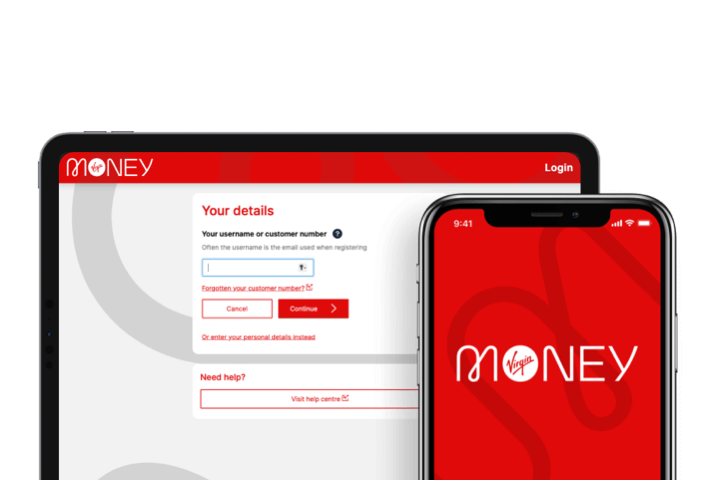Help and support
What can we help you with?

Help with money worries
Find contact details and support services. And use search tools to quickly check if you're eligible for any benefits or grants.

Getting the right support
How to let us know when you need support, someone dies or you want to give someone access to your account.
Let us know how we can support you

